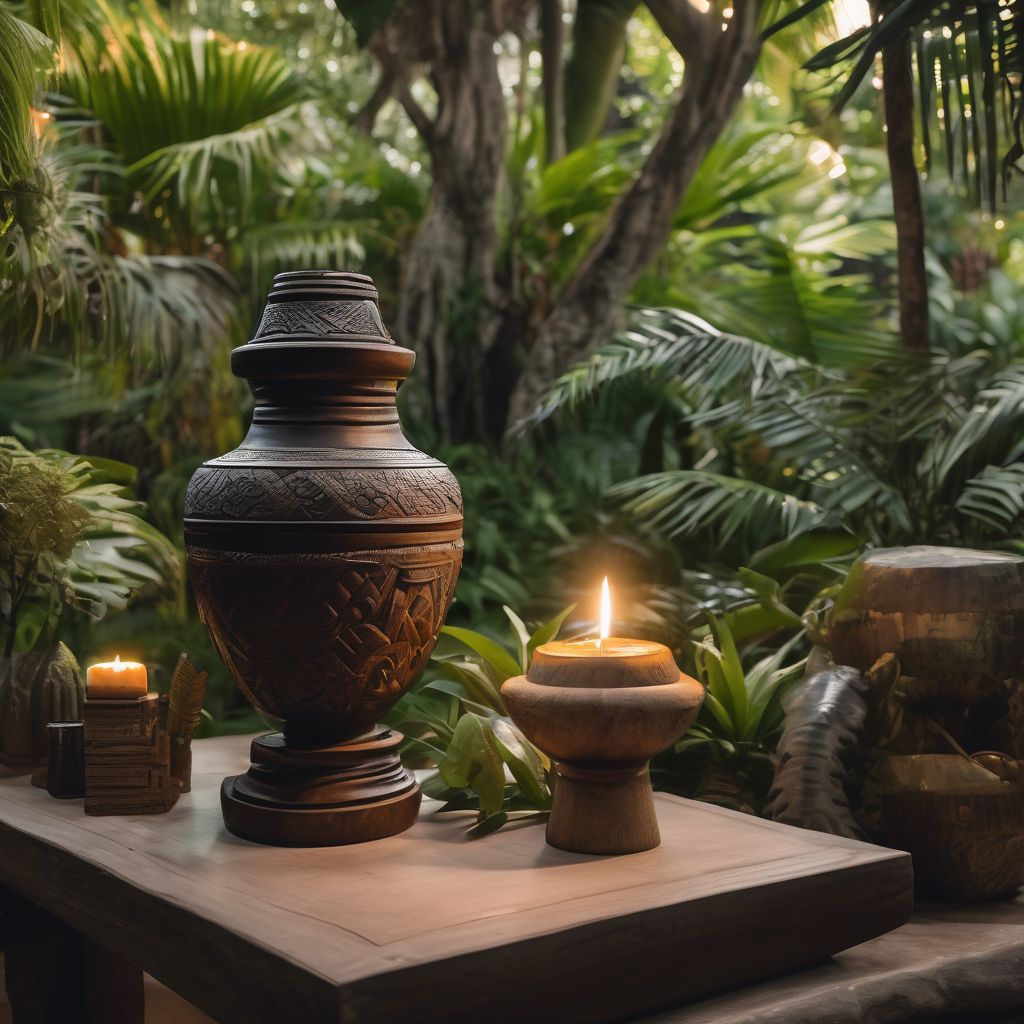The Fiji Corrections Service is facing increasing pressures related to daily burials, as highlighted by Deputy Commissioner Auta Moceisuva during a recent Parliamentary Standing Committee on Justice, Law, and Human Rights meeting. The service operates three main burial grounds where two officers supervise six inmates at each site daily, placing significant demands on their resources.
Logistical challenges vary significantly between burial sites, with the nearby Nasinu Cemetery being more convenient compared to the further Tavakubu site. To maintain a high level of security during these operations, K9 units are enlisted, and the total costs associated with these logistics are estimated to be around $500 per week. This figure covers essential expenses, including fuel, meal allowances, and K9 support.
For each private grave, a fee of $36 applies, with additional charges for reopening plots. However, Deputy Commissioner Moceisuva has mentioned that the current fee structure is under review, and new rates are yet to be established.
In light of resource constraints and growing concerns over cemetery capacity, especially in urban centers like Suva and Lautoka, the Fiji Corrections Service is advocating for the creation of new cemetery sites. Additionally, there is an emphasis on promoting cremation as a more sustainable solution to address land scarcity issues. This proposal echoes earlier discussions surrounding the urgent need for cemetery spaces that may be fully consumed in the next 10 to 15 years.
The potential shift towards cremation also marks a cultural transition, particularly for communities that have historically favored traditional burial methods. Moceisuva’s remarks illustrate an ongoing effort to modernize the Burial and Cremation Act of 1911, aiming to better reflect contemporary land management needs and cultural practices.
The proactive stance of the Fiji Corrections Service demonstrates a commitment to ensuring dignified burial practices while simultaneously addressing pressing logistical concerns. Community groups are responding positively by stepping in to offer dignified final rites for unclaimed bodies, highlighting a collaborative approach to enhancing end-of-life care.
Fiji’s efforts to navigate these challenges reflect a nurturing outlook, blending modern burial practices with traditional values, ultimately fostering a respectful environment for all individuals in their final moments of life.
